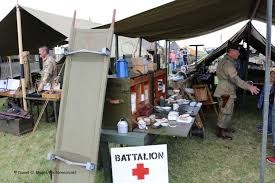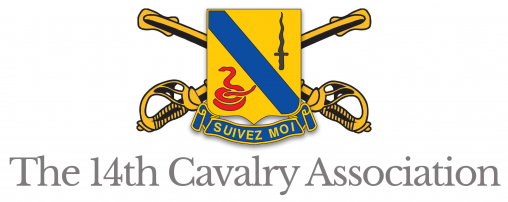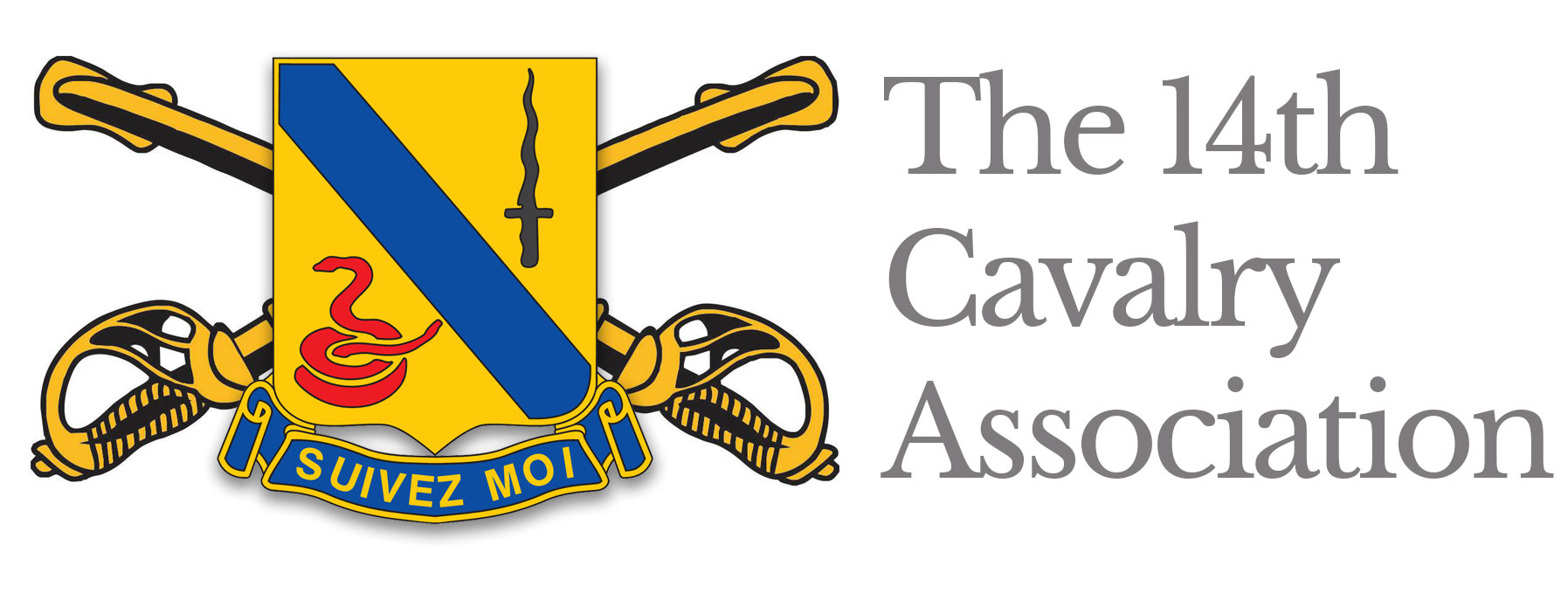Recollections of a Regimental Doctor
Doctor in Fulda
I had been in Fulda as the medical doctor in the dispensary at Downs Barracks for about six months when a Colonel from the Army’s 97th General Hospital in Frankfurt came to the dispensary and announced that I was now the commanding officer the 20th Medical Detachment and handed me a 45 cal. pistol. I’m immediately thought, “What the hell do I do with this?!” Not long after that I treated a 14th Cavalry officer for an external abscess (incision, drainage, sutures, antibiotics). He survived my ministrations and by way of “returning the favor” willingly agreed to take me to the firing range, where he (very patiently) taught me how to fire my new weapon. I was certainly never an expert with the 45, but I felt that, if I ever had to use it for real, at least I wouldn’t make a fool of myself! (I add that the help I received in this instance was typical of the cooperation and fellowship I experienced during my three years with associated with the 14th Cavalry Regiment

Doc to the Rescue
Not often, but once in a while, an emergency required that I travel in an H-34 helicopter. On one such occasion, there was an accident during a training exercise a good distance from Downs Barracks. When I arrived at the scene, there was a ¾-ton truck off the road, wheels still on the ground, but leaning severely to the right. The two soldiers, driver and another riding “shot-gun” were understandingly afraid to leave the vehicle, fearing that any movement might cause the truck to tip over onto it’s side, possibly causing significant injury. (I’m thinking, this is a job for an engineer, not a young doc, but too late now!).
Ideally, I probably should have asked for volunteers to help stabilize the truck, so the Troopers could exit safely. However, having never been in a situation like this, I approached the vehicle (by myself) with a vial of morphine, which I injected into the
passenger’s arm. After a few minutes, he was obviously more relaxed and finally able (very carefully!) to ease himself to the ground without incident. It was then no problem for the driver to get out safely as well. Thankfully (and probably luckily), the truck never moved during the entire process; a disaster avoided.
Epilogue: It was a very hot day, and as I climbed back into the chopper for the return flight, I noticed that the crew chief looked a little shaken. When I asked what was wrong, he said “I don’t think we can get off the ground!” (If he’s nervous, how should I feel!?). However we took off quite normally, and the trip back to Fulda was uneventful–just another day with the 14th Cavalry!
Babies
Background: Army doctors in Fulda could deliver babies if necessary, but none of us were OB/GNs or Pediatrics, and we had no nursery. Therefore, we sent expectant mothers to the Army’s 97th General Hospital in Frankfurt (usually by ambulance with nurse) so they could receive care by specialists. Problem: Determining exactly when a Bpregnant woman will deliver is not an exact science. Case in point: A soldier’s wife appeared to be in the early stages of labor, so I sent her to the 97th, according to protocol. They said “she’s not ready” and sent her back. A day or so later we sent her to Frankfurt again, and again they sent her back. This time, the patient and the nurse got out of the ambulance, came directly to my office in the dispensary and WHAMO, she delivered a normal baby boy directly into my hands! I sent mom & infant back to the 97th along with a somewhat caustic note. They replied that I hadn’t tied the cord correctly (Oh, come ON!!). Epilogue: Mother & child did just fine, & the parents were grateful for the happy ending (and so was I!).
P.S. A few years ago, an ambulance driver from the 501st Army Medical Command copied me an e-mail he had sent to “fuldamedics” (I don’t know what that is) describing a scary trip we had in a “Dodge meatwagon” (his words) returning late at night from the 97th General Hospital.
I should add that our daughter, Nancy, was a “border baby,” born Nov. 1959 at the 97th General Hospital. She was one child I did not want to deliver by myself!
Combat?
The closest I came to a combat-like medical emergency occurred when a group of soldiers and their dates totaled their vehicle on the way home after a night out at the “monastery.” (I can’t remember the actual name of the place, but it was on a hill a few kilometers (“klicks”) from Fulda).
When I arrived at the scene, I recall that there were six or so individuals lying all about the road. A couple of them were already gone or beyond help. Another couple were severely injured, but still breathing—they were given first-aid, including IVs, and transported to the 97th General Hospital by helicopter. The rest of them, with minor injuries, were then treated on site and later at our own dispensary.
This was obviously a terrible accident, but I think the result was about as good as could be expected under the circumstances. The training in triage I received during an earlier two months at Fort Sam Houston, Texas, proved helpful: e.g., Don’t spend too much time with hopeless cases, but focus primarily on those who are severely wounded, but still viable. The resultant delay in treating those with minor problems will not significantly compromise their recovery.
Berlin Wall
We were still in Fulda in mid-August 1961 when the Berlin Wall went up, or as then Regimental commander, Colonel [later Brigadier General] Albin Irzyk aptly put it, “when the cold war almost turned hot.” (Repeated in his book, The 14th Armored Cavalry During the Berlin Crisis).
I don’t think the dispensary staff was as directly involved as the front-line troops, since we still had scheduled patients to take care of, as well as the usual emergencies at night. However, I had “Secret” security clearance and knew that, if “the balloon went up” I was to stay with the 14th (rather than providing medical support for dependents as they evacuated the post). Therefore, I was as relieved as anyone when cool heads prevailed and further hostilities were averted.
Epilogue: A month later, my 3-year active-duty commitment was almost over and my wife and I boarded the U.S. Troop ship, General Patch, at Bremerhaven for the11day voyage back to “the land of round door knobs.” I recall that some Army soldiers had their service in Germany extended, a few even as they were getting ready to leave port, apparently because of concern about the Berlin crisis.
Good Times
About four or five of us had sports cars (I had a 1958 Triumph TR 3) — including Lloyd Wyatt (who referred to me as his “personal physician”), Don Lundquist and Johnny Dollar–and often we would drive (my wife by my side) to some out-of-town gasthaus, have a few beers and brats, and then return home, negotiating the curvy roads in true sports car fashion. In retrospect, this all seems a little crazy now–years later–but there were no mishaps, and these enjoyable excursions were a nice diversion from the tensions if “Iron Curtain” duty in the 14th ACR.
Miscellany
A few more memories deserve mention: Parking our cars facing outward, always with at least a ½- tank of gas, for a quick escape if “the balloon went up” (war broke out); Keeping our “bug-out” (Evacuation) supplies together and ready for no-notice inspection (also in case war broke out); and the arrival at the Officers Club of the Hammelburg quartet, four overweight men stuffed into a tiny VW, the handle of their cello sticking out of the opening in the roof!
George Bacon, Captain, M.D.
Commander, 20th Medical Company (Attached to Headquarters, 14th ACR)
October 1958 – October 1961

